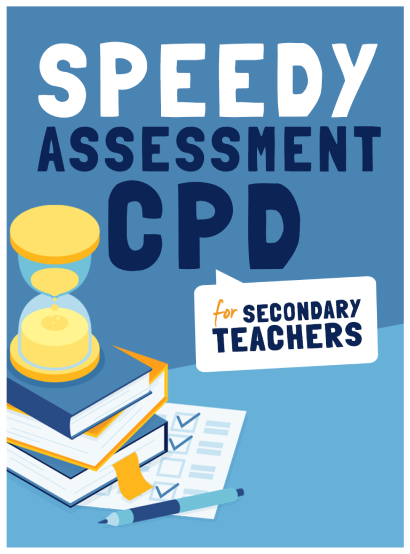With the Right Strategy Even the Three-Headed Hydra of the new GCSEs can be Defeated

The most fearsome of educational monsters can be still be slain – but this one might take some beating

- by Teachwire

“Why is the maths so hard, sir?” “How can I remember all of that for the exams?”
Questions like these are becoming a daily occurrence as our students navigate the steep demands of the new, harder GCSEs. These frustrations are frequent and all too familiar.
For teachers, too, the demands of mediating harder reading and teaching more challenging mathematics, whilst ensuring our students remember all of this knowledge for the new linear examinations, can prove a laborious challenge.
The mythical hero Hercules once famously tackled the fearsome nine-headed Hydra for one of his twelve colossal labours.
From its terrifying swamp lair, this venomous serpent would terrorise humans everywhere – and Hercules need both brawn and brains finally to overcome the monster.
Akin to fighting this mythical, multi-headed beast, it is the many simultaneous challenges of the new GCSE qualifications with which we, and our students, must grapple.
The triple challenge
Take the new GCSE geography specifications, for example. On any given page of a relevant textbook you can spy the multifarious difficulties of the new curriculum.
First, our students face the demands of trickier reading comprehension – with high level, subject-specific vocabulary like coniferous, tectonic hazards, orbital changes and the Quaternary period littering each topic.
And this higher literacy demand is matched by a similarly increased numeracy requirement – statistical concepts that were previously covered at A level, such as Spearman’s rank correlation coefficient, now appear within GCSE geography courses.
Finally, the already twin-headed monster of increased literacy and numeracy demand is compounded by a third challenge: the shift to linear qualifications.
With coursework jettisoned, our students are forced to retain a vast array of knowledge and understanding for something like thirty hours of terminal examinations.
A few weeks of cramming will simply not prepare our students for their own set of labours.
Solutions and strategies
We can bemoan aspects of the new GCSEs, but we must also prepare our students to take on the herculean task they represent.
First, we should recognise that there is no quick fix. Even as three-year GCSE plans are being criticised by Amanda Spielman and Ofsted, we need to recognise that only a fulsome five-year plan will prove enough for our students.
However, that does not mean simply shifting GCSE assessments down into KS3, in the hope our students will ‘get the hang of it’ through repeated practice. Instead, we need to arm our teachers with high quality training and give our young people the means to solve their problems with increased independence.
Here are just a few solutions to help learners conquer the gruesome Hydra of the new exams:
Maths teachers to the rescue For subjects like computer science, geography, the sciences and more, the increased numeracy challenge is obvious. We need to deploy our herculean maths teachers to train colleagues in other departments on how best to teach mathematical concepts.
A relentless focus on reading The biggest leap with the new GCSEs is the sheer scale of academic reading involved. We need to ensure our students have a range of comprehension strategies, whilst also having methods to attack subject specific vocabulary and exam command words.
More formative assessment, fewer mock exams As we labour through new curriculum planning, we need to utilise assessment better. Rather than pushing students through endless trials of large-scale mocks, we should add in more small scale formative assessments, like quizzes, multiple-choice questions, evidence of planning, graphic organisers, and so on.
Teaching with memory in mind We have no superhuman powers to bestow on our students, but we can deploy the best research evidence on revision, whilst designing our curriculum with ‘spacing’, ‘interleaving’ and low stakes testing and quizzing in mind.
Crucially, if we better understand the specific challenges of the new GCSEs – the nature of our very own Hydra – then like Hercules, we can find methods to overcome the beast, and triumph.
For more information on Alex Quigley visit theconfidentteacher.com or follow @HuntingEnglish.











